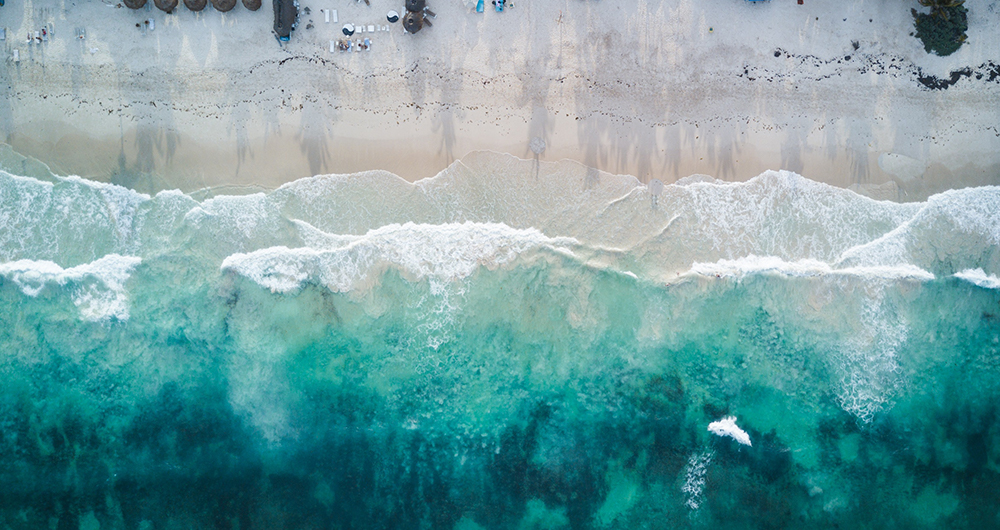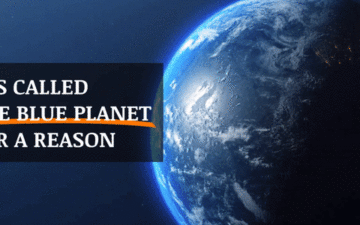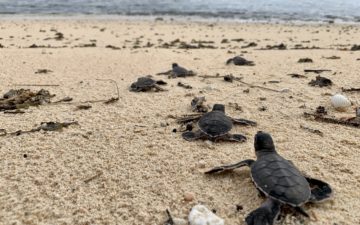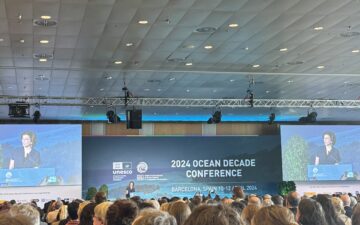Three nations share the Gulf of Mexico abundant resources—Cuba, Mexico, and the United States. It is our shared heritage and our shared responsibility because it is also our shared legacy to future generations. Thus, we must also share knowledge to further understanding of how best to manage the Gulf of Mexico collaboratively and sustainably.
For more than three decades, I have worked in Mexico, and nearly that same amount of time in Cuba. Over the last 11 years, The Ocean Foundation’s Cuba Marine Research and Conservation project has convened, coordinated and facilitated eight Trinational Initiative meetings focused on marine science. Today I am writing from the 2018 Trinational Initiative meeting in Merida, Yucatan, Mexico, where 83 experts have gathered to continue our work.
Over the years, we have seen governments change, parties change, and normalization of relations between Cuba and the United States, as well as the re-abnormalization of those relations, which in turn have changed the political conversations. And yet through it all, the science is constant.

Our fomentation and nurturing of scientific collaboration has built bridges between all three countries through joint scientific study, focusing on conservation that is for the benefit of the Gulf of Mexico and for the long-term benefit of the peoples of Cuba, Mexico and United States.
The search for evidence, the collection of data, and the recognition of shared physical ocean currents, migratory species, and mutual dependence are the constant. The scientists understand each other across borders without politics. Truth cannot be hidden for long.
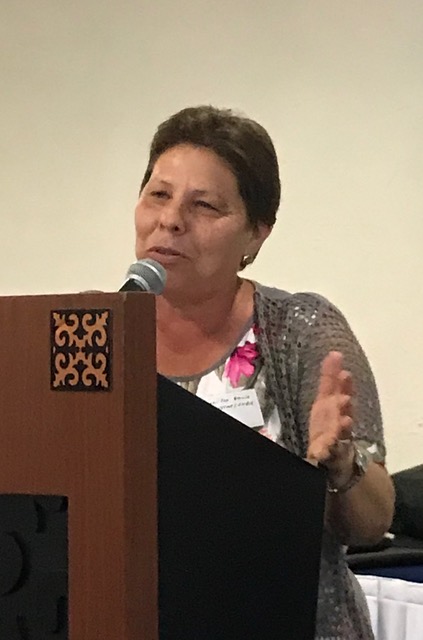
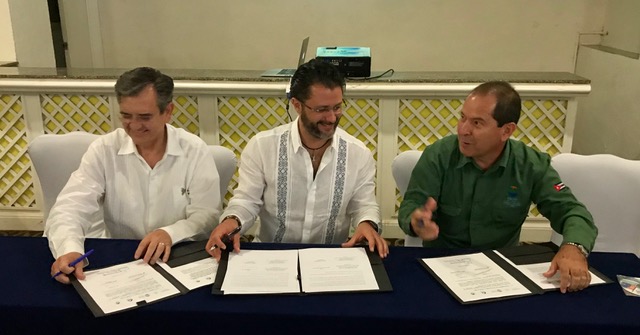
The long-established scientific relationships and research collaboration built a foundation to underpin more formal international agreements—we call it science diplomacy. In 2015, these special relationships became a more visible basis for relations between Cuba and the United States. The presence of government scientists from the Cuba and the US eventually led to the groundbreaking sister sanctuaries agreement between the two countries. The agreement matches US marine sanctuaries with Cuban marine sanctuaries to collaborate on science, conservation and management and to share knowledge about how to manage and evaluate marine protected areas.
On April 26, 2018, this science diplomacy took yet another step forward. Mexico and Cuba signed a similar agreement for collaboration and a work program for learning and knowledge sharing on marine protected areas.
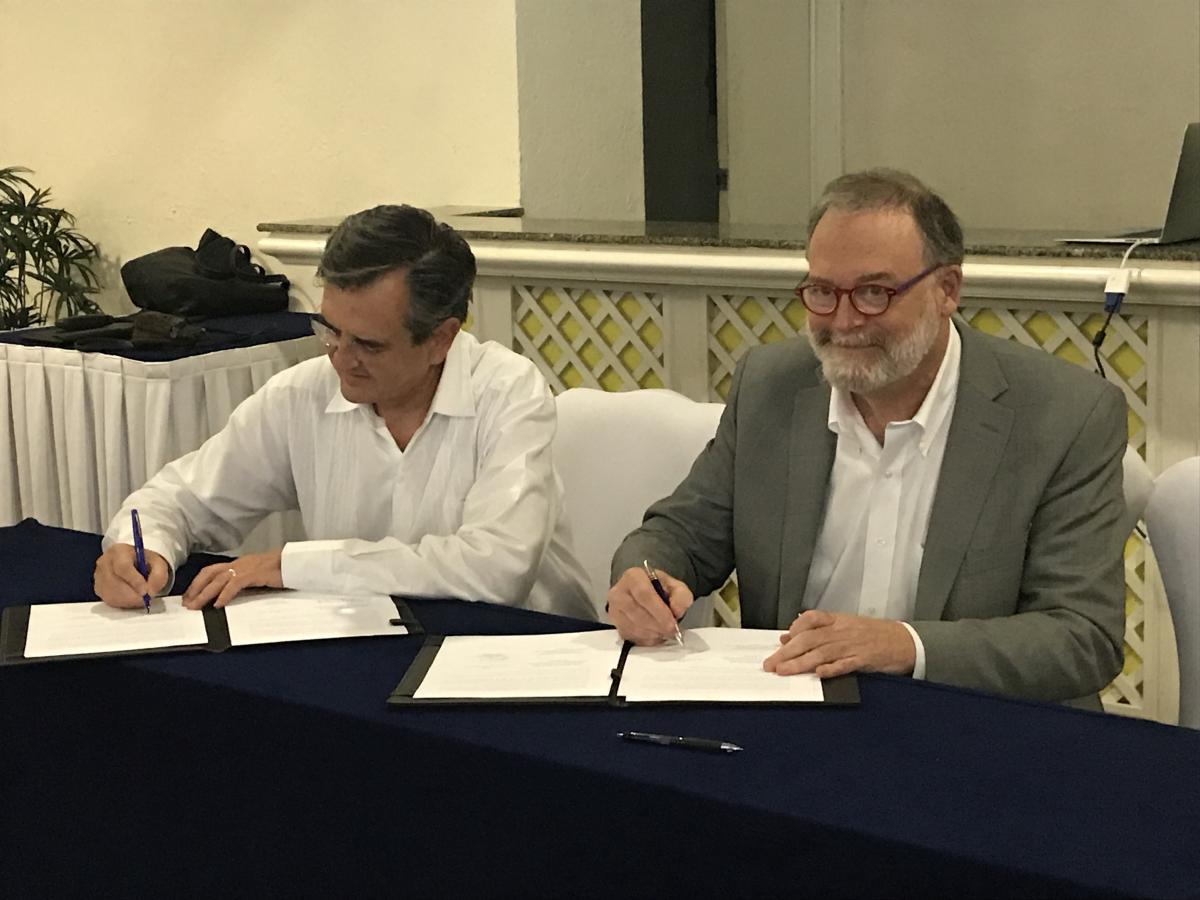
In parallel, we at The Ocean Foundation signed a letter of intent with the Mexican Ministry of Environment and Natural Resources (SEMARNAT) to cooperate in the Gulf of Mexico Large Marine Ecosystem project. This forward-looking project is intended to foster additional regional networks for science, marine protected areas, fisheries management and other elements of a well-managed Gulf of Mexico.
In the end, for Mexico, Cuba, and the U.S., science diplomacy has served well our shared dependence on a healthy Gulf and our shared responsibility to future generations. As in other shared wild spaces, scientists and other experts have furthered our knowledge through observation of our natural environment, affirmed our dependence on our natural environment, and bolstered the ecosystem services it provides as they exchange information within natural borders across political borders.
Marine science is real!
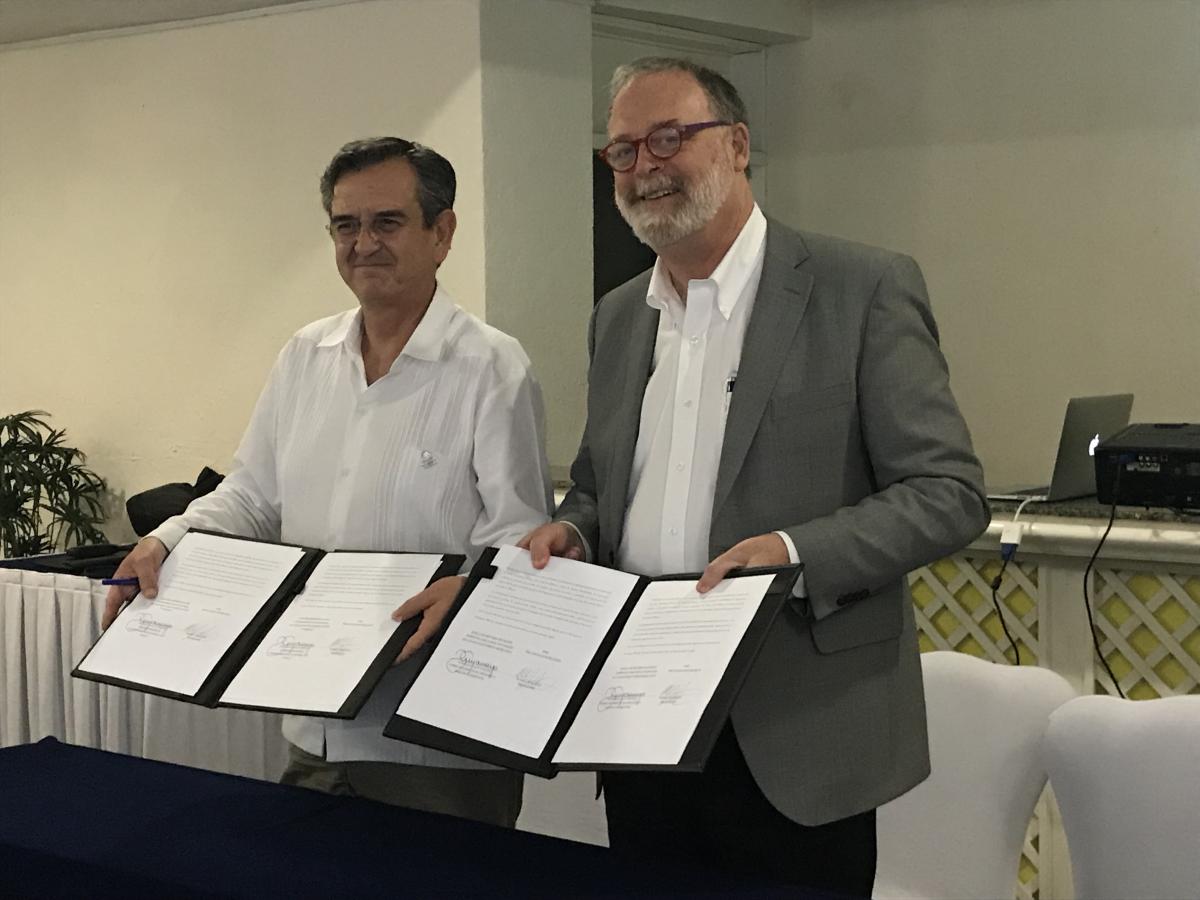
Photo Credits: Alexandra Puritz, Mark J. Spalding, CubaMar
